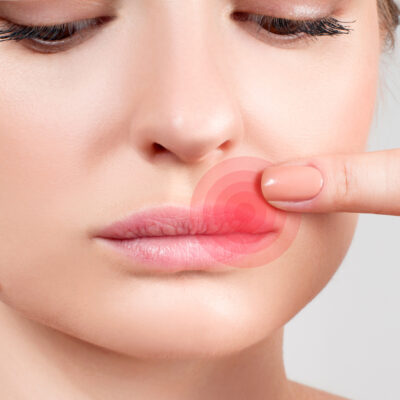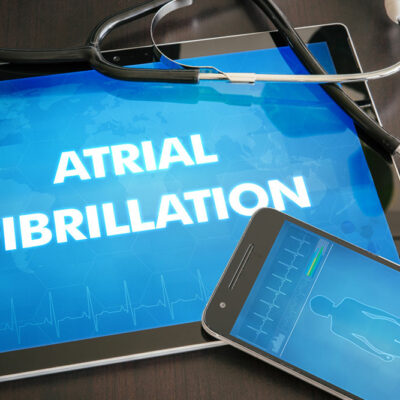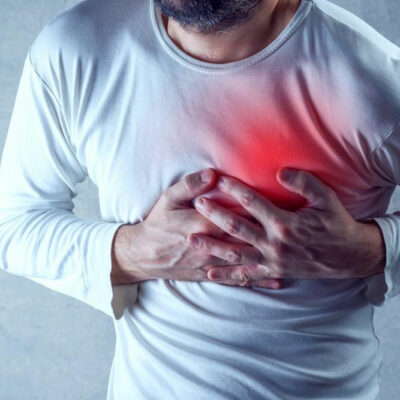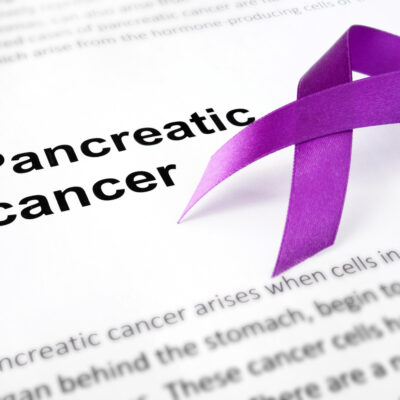
Health
Understanding the Various Liver Cancer Treatments
Depending upon the stage and your present condition, you may have to go to a team of doctors who specialize in liver cancer treatments. The doctors may include a surgical oncologist, a medical oncologist, a radiation oncologist, a gastroenterologist, and an interventional radiologist to make a multidisciplinary team. It is difficult to overcome cancer, but without overthinking and wasting time, you must discuss the side effects of liver cancer treatments with the doctors, thus helping them to make the best decision for you. Several points to consider include the following: The stage of cancer Whether the surgery can really help you get rid of all the cancer cells Whether you are suffering from any other health-related issue How long you are expected to survive, i.e. your expected life span If undergoing treatment will cure you or there are some other options too Any inner feelings about the horrifying side effects of the treatment The present working condition of your liver Do not jump to a final decision, as it is important to understand and absorb the information you get from the doctors. You will clear all your doubts about the liver cancer treatments by consulting your doctors. It is better to take a second opinion to gain more confidence about the type of treatment.
Read More 















